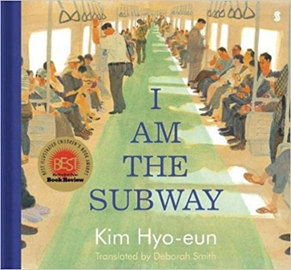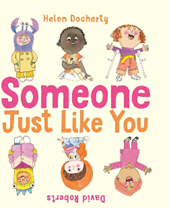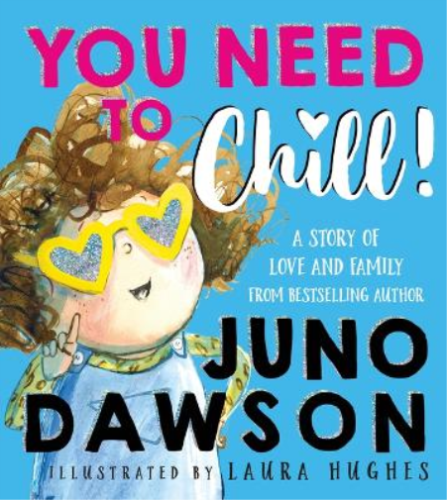I am the subway by Kim Hyo-eun
|
Text: I am the subway by Kim Hyo-eun |
|
Learning Intention: To consider lives lived other than my own Enquiry Question: How are our lives connected?
|
|
|
Success Criteria: I know I live in a community / I know there are
many different people in my community / I know there are things that we have
in common and things that are different. |
|
Starter: Look at the cover of the book and consider the title; who do you
think is narrating this story, how can the subway be talking to us? What does personification mean? If we are
personifying the subway, what do you think the subway sees every day? What things
stay the same for the subway and what changes? |
|
Main: Read the opening of, “I am the subway” and discuss - Where is the
story setting? Where is Seoul? - How does the
subway introduce themself? - Why do they say ba-dum, ba-dum Read the rest of the story and when you have finished, talk about it.
Discuss: - What things are
the same every day for the subway, what are different? - How do you think
the subway gets to know the different people on the train? - How are the
passengers similar, different? - What feelings are
represented in the story? E.g. “Na-yoon’s feelings are as heavy as her bag.”;
“I’m not sure what’s next, who will I become?” - Lee Do-Young
says, “He chose this name so my heart would be filled with bright shining
things, even if this couldn’t be seen on the outside.”- what can we learn
about people from this line? - The blurb on the
back cover says about the subway, “Between sunrise and sunset, it welcomes
and farewells people, and holds them – along with their joys, hopes, fears
and memories – in its embrace” what does this mean? How can a subway train
have an embrace? |
|
Role play / activity: Put the children in to small groups
and give them copies of the dialogue in ltalics for one of the
characters. Each group explore what they know/ don’t know about each character
from the speech they give in the book. What can we infer about each person?
Build a character description showing everything you can – family, work,
home, life past & present, hopes / fears. There are six characters: Mr Wanju, Granny, Mr Jae-sung, Mr Gu, Na-yoon,
Lee Do-Young. The aim is to be able to compare and contrast the lives of different
people on the train. After ten minutes ask children to pass their dialogue
sheets to another table so that everyone has a new character to explore. Ask
children to repeat the activity using the new character and this time
contrast the two lives; how are they similar/ different, what do they have in
common? Are there things the characters could talk about or ways they could
help each other? You could repeat the activity up to 6 times, creating a huge
mind map showing different characters interweaving lives through each other. |
|
Activity: children create a new character for the train. Use the same format as
the dialogue we are given in the boot to write a speech for your chosen
character- who are they? What are they doing on the train, where are they
going, what life do they lead? Or Children draw the tube and illustrate/ label a number of passengers. Using arrows/ labels, write one or two facts about each character and their life. Use the book as
inspiration. |
|
Plenary: “The unique lives of
strangers you might never meet again are all around you, every time you take
the train.” – why did the author choose to end the book with these words?
What are they reminding us about the people who live in our community today? The author explains, “I became an adult, found the path I would walk
and went down it… I saw the things I wanted to see, passed by what was otherwise,
pretending I couldn’t see it. Then all of a sudden, I saw the people on the
path.” What is the author speaking about here? What can we learn from them? What can we learn from this book? Is this book
related to No Outsiders? |




Comments
Post a Comment